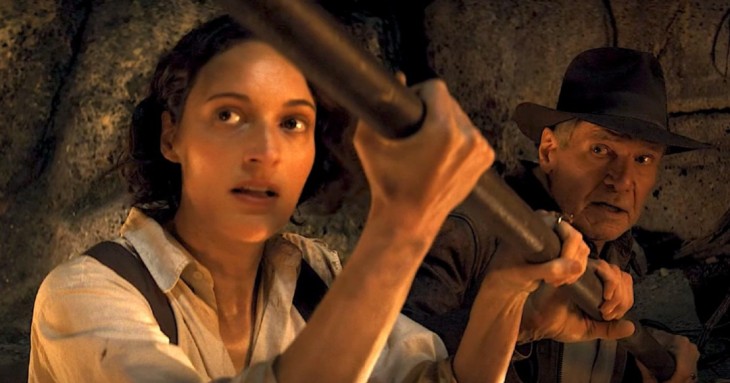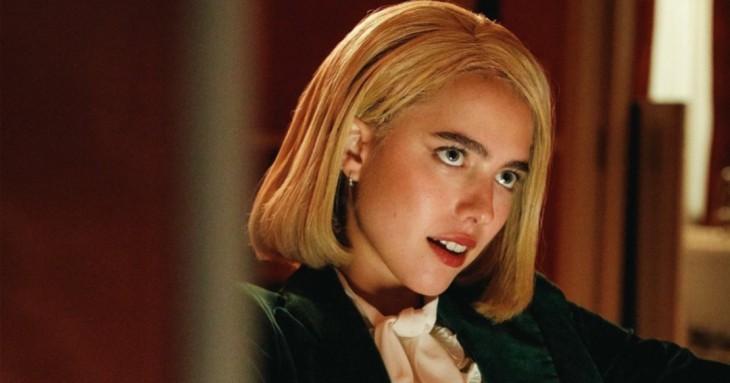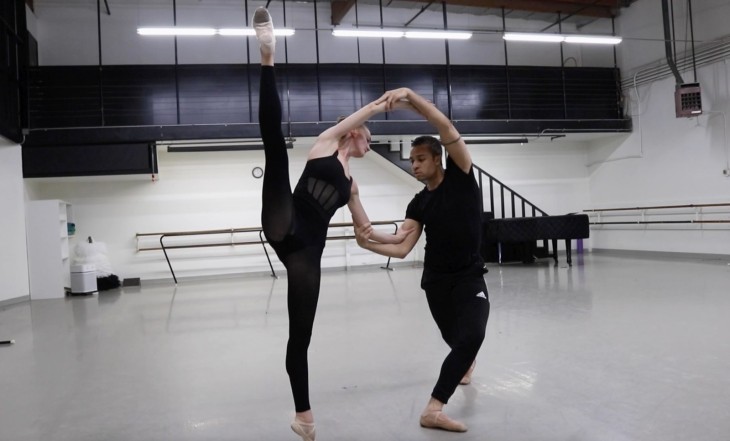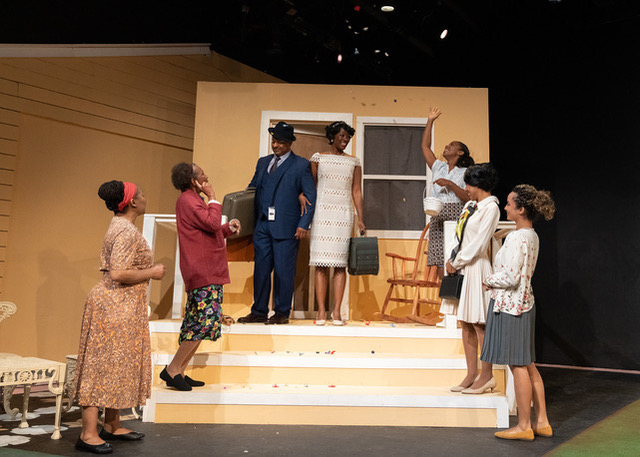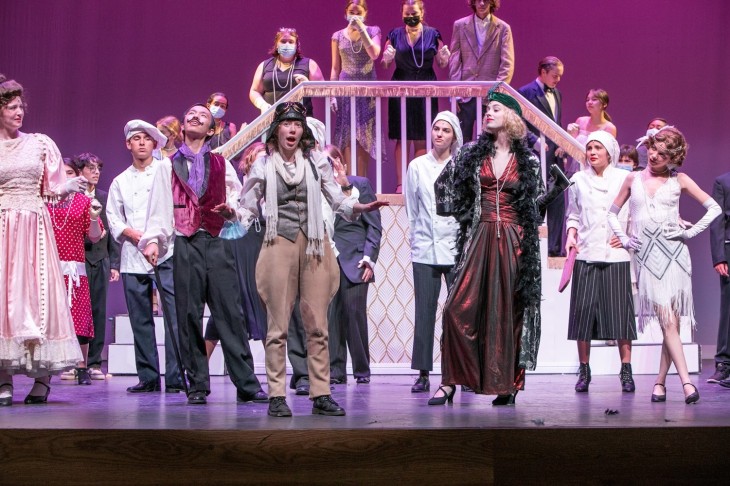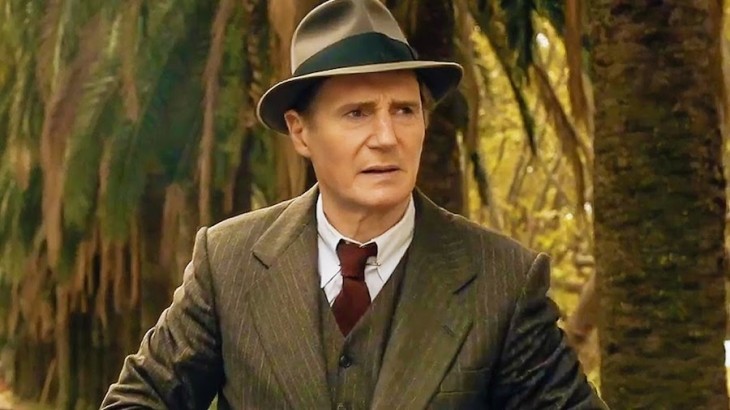Editor-at-Large
In what can only be described as a masturbatory exercise in debating the effects of feminism, Joanna Murray-Smith’s pseudo-intellectual farce, The Female of the Species, made its American premiere at the Geffen Playhouse. The script attempts to take a jab at just about every politically correct or incorrect issue with which women have been struggling for ages, and Murray-Smith has created six cardboard characters to recite her ruminations.
Originally premiered at the Melbourne Theatre Company in 2006, the story, loosely based on an actual incident between Germaine Greer and a young, disillusioned devotee, takes place in the living room of Margot Mason, ferociously played by Annette Bening, with ample histrionics and vocal gymnastics.
The play begins with Mason having a telephone conversation with her publisher who is pushing for her next book. The first word we hear is “the F-word,” an effective, if not a cheap way to get a laugh. (Murray-Smith is no David Mamet and the play is no Glengarry Glen Ross.) The playwright uses this cheap device throughout, sprinkling the dialogue with a variety of body parts and a lot more ****.
Mason, the aging, egocentric author of such books with sophomoric titles as Madame Ovary and The Complete Insignificance of Male Sexuality, is in the throws of a writer’s block and has only been able to write a few hundred words. Mason’s philosophy on feminism, that guided generations of women, is about to rear its ugly head in the character of a gun-totin’ young lady named Molly Rivers, played by Merritt Wever. Rivers shows up unannounced at Mason’s country home in the guise of thanking her for her contribution to feminism, but soon we learn that she is actually there to kill her. This distraught, but determined young lady, was a student of Mason’s who told her she had no talent. If that wasn’t bad enough, Molly’s mother, based on the feminist theories put forth in Mason’s book entitled The Cerebral Vagina, abandoned Rivers at birth, and eventually threw herself in front of a train clutching the book that ruled and ultimately ruined both their lives.
But wait, more stereotypical characters begin showing up unexpectedly delaying the execution. Darn. There’s Mason’s pathetic daughter Tess, who is in the middle of a nervous breakdown, very well played by Mireille Enos. Then we have her moronic husband Bryan played by David Arquette, Frank the hunky cab driver played by Josh Stamberg, and the, very elegant, and yes homosexual, literary agent, played by Julian Sands.
While some lines in the play are “sit-com” funny, the dialogue is written with only one “voice” so that all the characters have the same intelligence, articulation, cadence, and vocabulary resulting in what vocally sounds like a monologue divided into six parts, with delivery sometimes ranging from loud, louder, loudest.
Technically, director Randall Arney staged the production effectively on a beautiful set designed by Takeshi Kata and lit by Daniel Ionazzi, but failed to elicit performances with any depth as his actors never got beneath the surface of the dialogue to something called sub-text which may have been challenging considering the limitations of the script.
The Geffen Playhouse, 10886 Le Conte Avenue, Los Angeles, CA 90024, Run: Thurs.-Sun. thru March 14, Tickets: 310. 208.5454.


